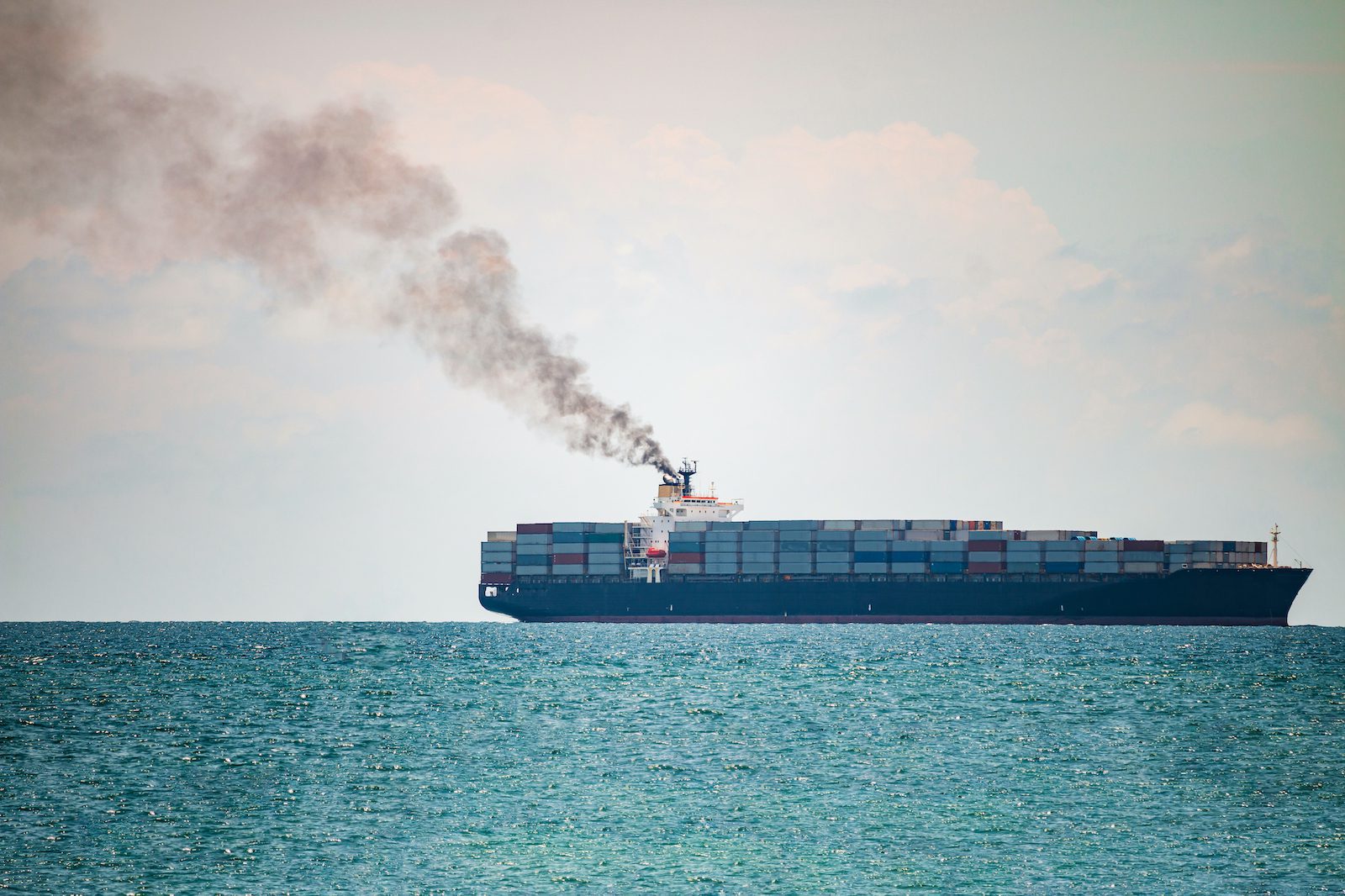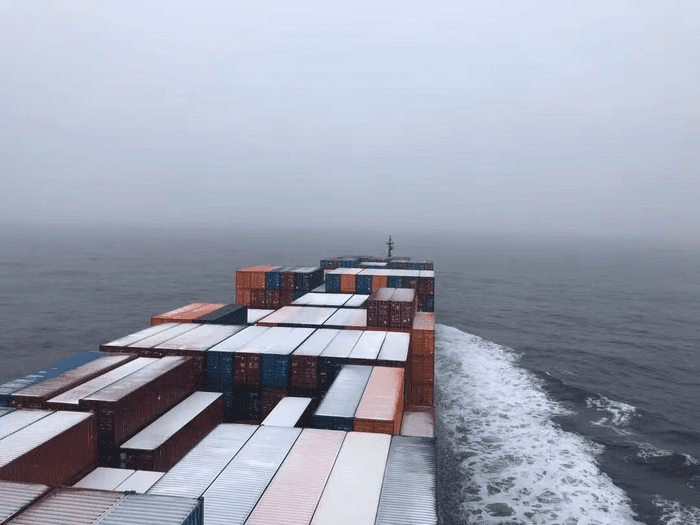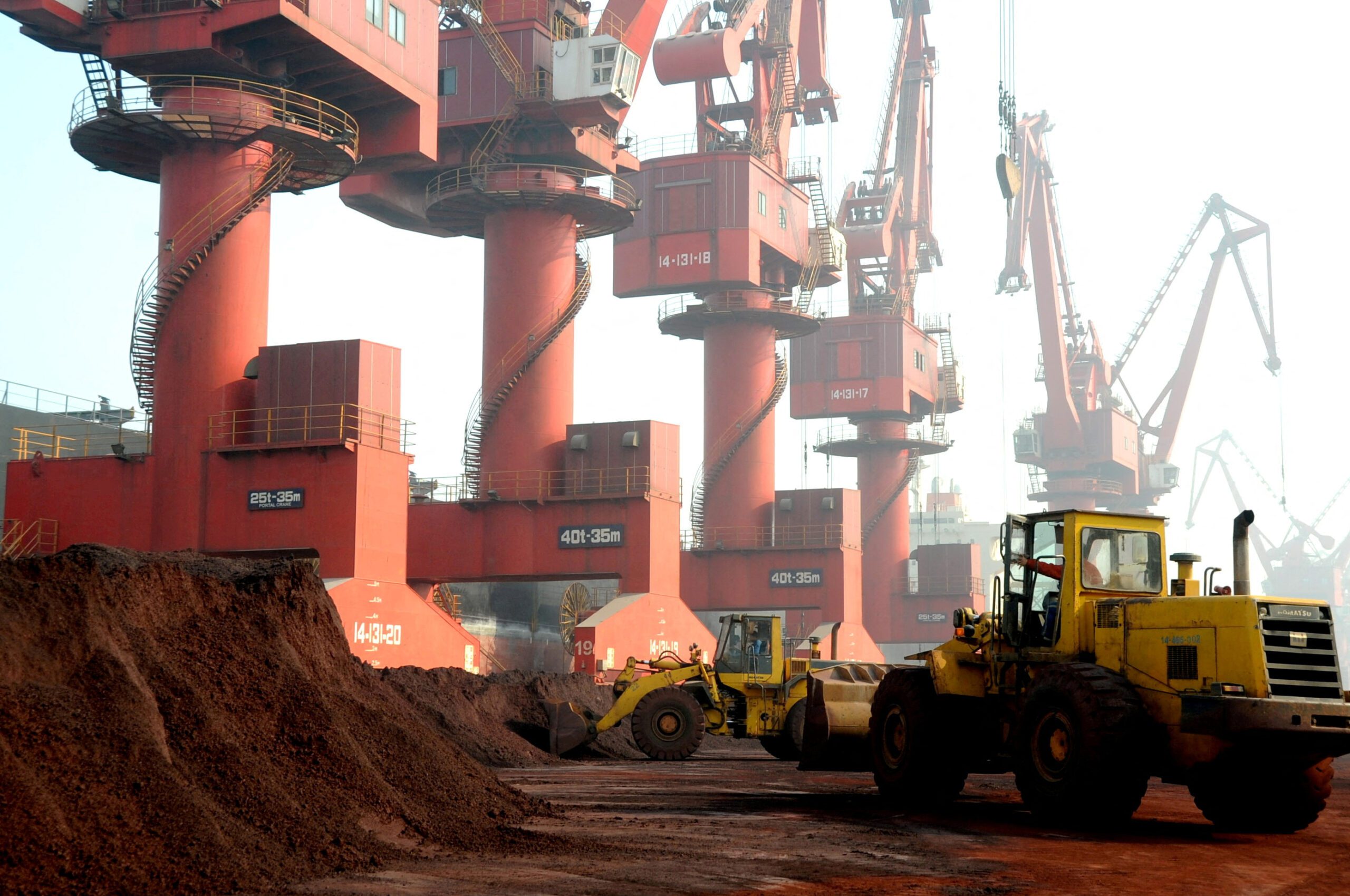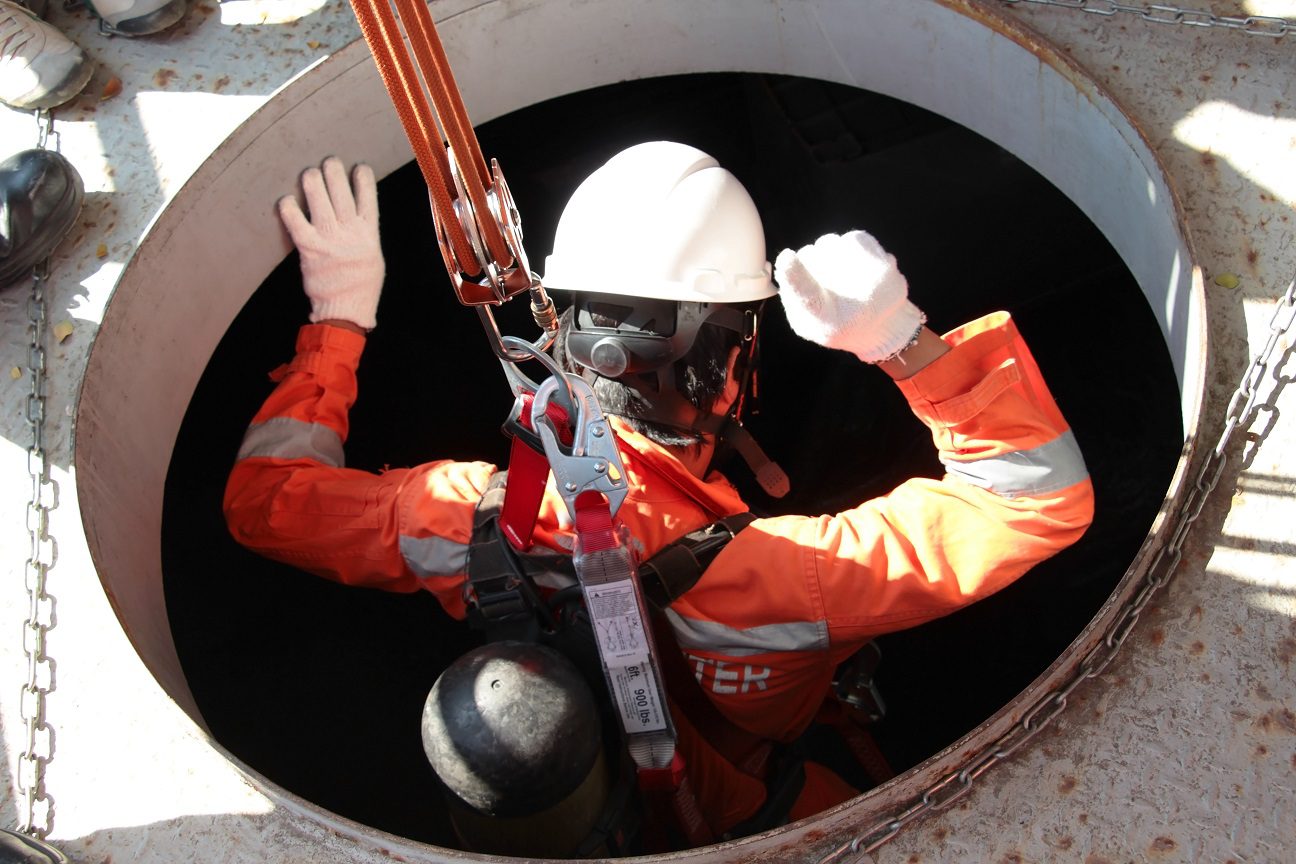The Tripartite Forum of shipbuilders, shipowners and classification societies convened in Busan, South Korea last week, bringing together more than 70 delegates from 13 countries to reaffirm their support for the International Maritime Organization as the global regulator for international shipping.
The show of support comes in the wake of a contentious extraordinary session of the IMO’s Marine Environment Protection Committee, where governments voted to postpone for one year the adoption of the world’s first global carbon pricing system on shipping. The delay was driven by what sources describe as procedural tactics by the United States, Saudi Arabia, Russia and other petrostates, with the motion to delay put forward by Singapore and called to a vote by Saudi Arabia.
Thomas A. Kazakos, Secretary General of the International Chamber of Shipping, told delegates at the Tripartite conference: “The shipyards of tomorrow will not only build vessels; they will build confidence in the industry’s ability to meet its sustainability goals. By working closely with classification societies and shipowners, shipbuilders can ensure that the ships of the future are not only compliant with new regulations and fuels but are also designed to operate safely, efficiently, and competitively in an increasingly complex world. Collaboration, foresight, and a continued focus on safety will be the foundation on which the next generation of shipbuilding excellence is built.”
The Tripartite has been meeting for over two decades and has a record of tackling significant engineering challenges, including initiating the development of the Common Structural Rules for bulk carriers and tankers. This year’s forum addressed pressing technical issues including decarbonization, onboard carbon capture, autonomous ships, biofouling, ballast water treatment, underwater radiated noise, software maintenance and grey water.
The postponed Net-Zero Framework had been agreed in principle in April when 63 countries voted in favor, including the EU27, Brazil, China, India, Canada, UK, Korea and Japan, versus a minority opposition from 16 oil-producing states. The framework would have required ships to pay fees for non-compliance with gradually increasing carbon intensity targets, expected to generate up to $15 billion per year in finance from 2030.
In this month’s vote on the delay, 57 countries favored postponement, 49 opposed it, and 21 abstained, as the Trump Administration threatened retaliatory tariffs and sanctions, especially on developing and climate-vulnerable states, if they supported the framework.
Following the delay, Kazakos said: “We are disappointed that member states have not been able to agree a way forward at this meeting. Industry needs clarity to be able to make the investments needed to decarbonise the maritime sector, in line with the goals set out in the IMO GHG strategy. As an industry we will continue to work with the IMO, which is the best organisation to deliver the global regulations needed for a global industry.”
Jesse Fahnestock, director of decarbonization at the Global Maritime Forum, called the adjournment “a disappointing setback for shipping, but not the end of this journey.”
The delay will push the adoption vote to the next session in October 2026, potentially risking the deal not coming into force until 2030, even if adopted in a year’s time.
The original entry into force of the framework was planned for March 2027. Next year’s Tripartite forum will take place in Q4 2026 in Japan.
The forum includes participation from several key international organizations: the Active Shipbuilding Experts’ Federation (ASEF), BIMCO (the world’s largest international shipping association with 2,100 members in 120 countries representing 64% of world tonnage), CESA (representing shipbuilding, ship maintenance, repair and conversion shipyards and maritime equipment providers), the International Association of Classification Societies (IACS), which covers more than 90% of the world’s cargo carrying tonnage, INTERCARGO (the International Association of Dry Cargo Shipowners with more than 350 companies from 35 countries), the International Chamber of Shipping (ICS), representing all sectors and trades and over 80% of the world’s merchant fleet, INTERTANKO (the International Association of Independent Tanker Owners with 178 members whose combined fleet comprises over 3,800 tankers), and SEA Europe, which represents close to 100% of the European shipbuilding industry in 17 nations.

 Join The Club
Join The Club











